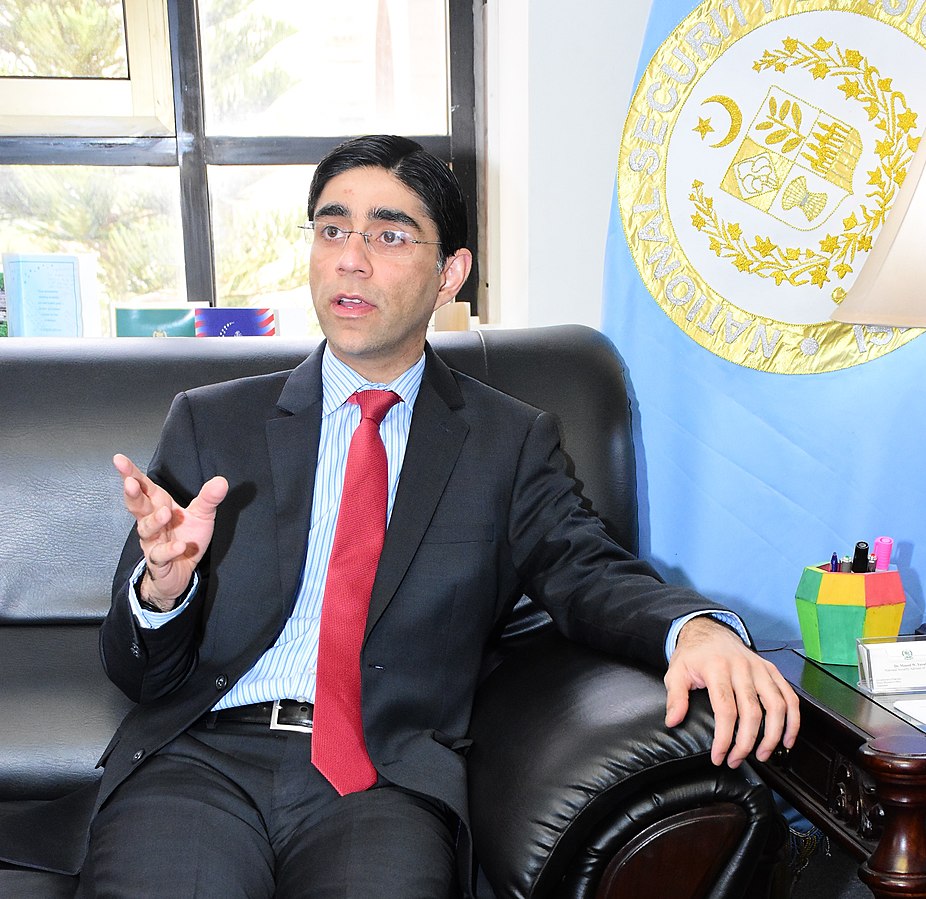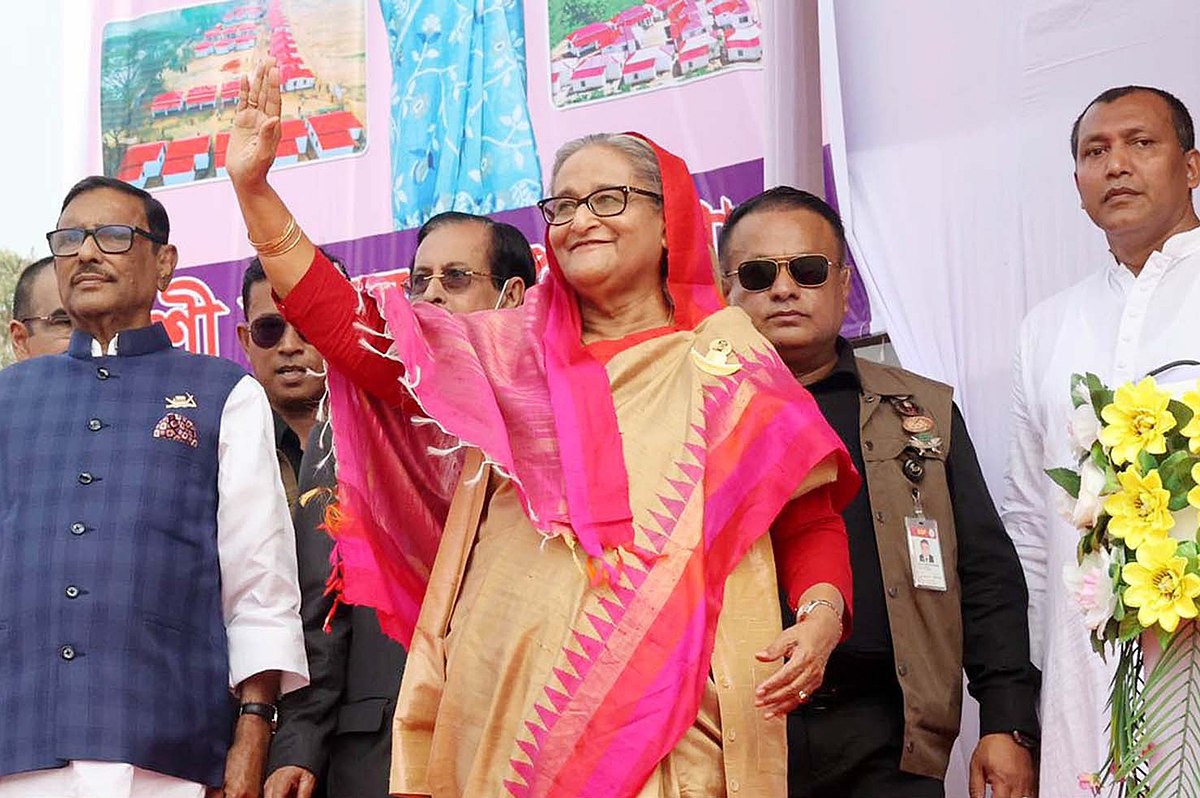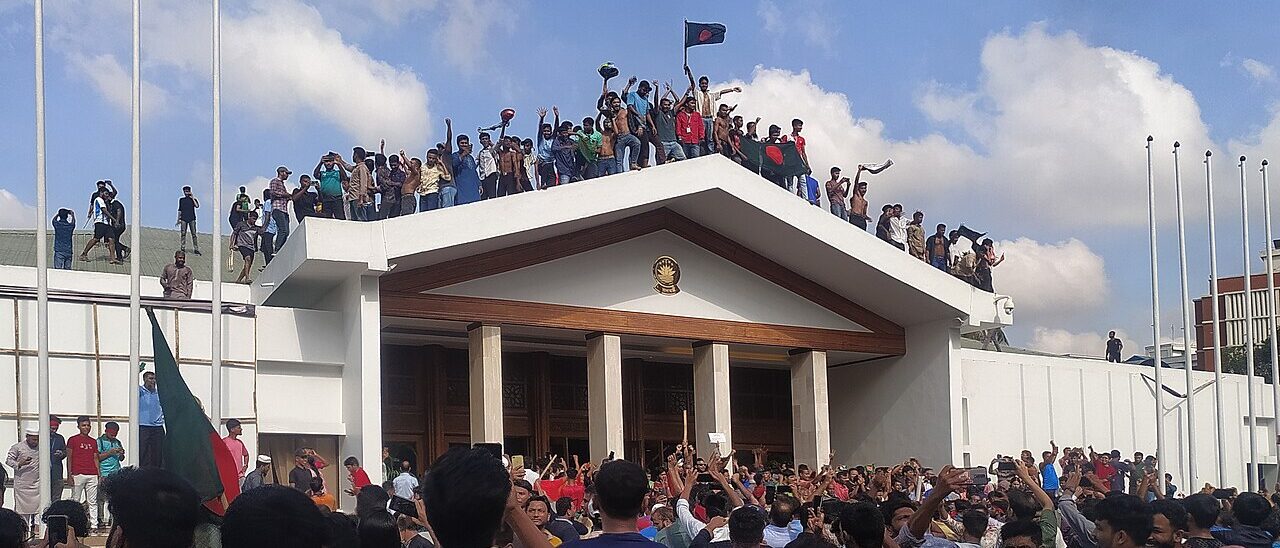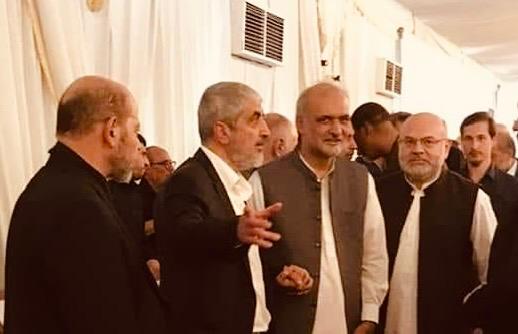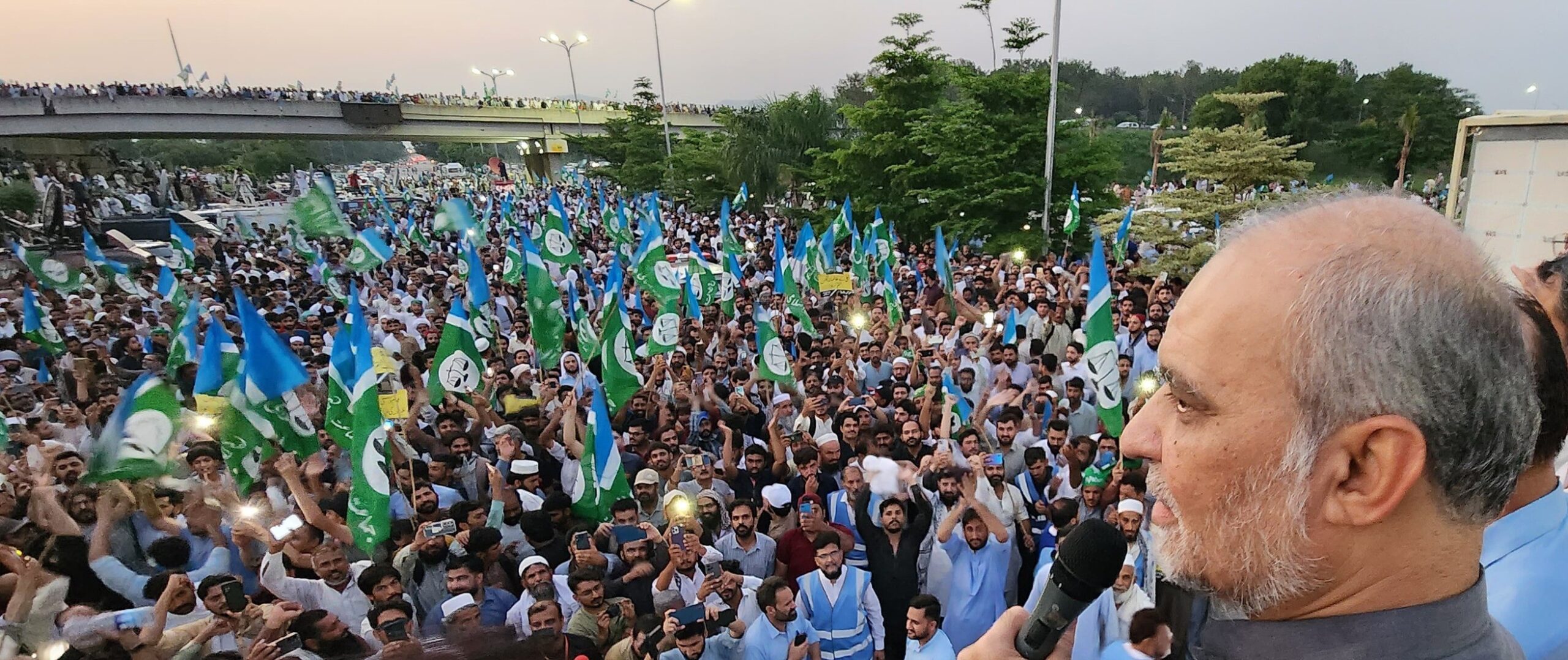Syed Ashar Ali
Muddled as the heading of this article is, it helps to paint the stark reality that Pakistan’s ruling echelon faces. In recent times, one can observe a concerted effort on the part of civilian and non-civilian leadership to establish a new security paradigm, one based on strategic economic interests as a pillar of national security. This of course ties in very heavily with China’s Belt & Road Initiative, thereby providing visibility around Pakistan’s position in the larger geo-economic warfare between China and the US. Internally however, we observe Pakistan having to go back to the IMF, or put out fires caused by inaction on FATF recommendations, or worse, losing to secure the narrative of Jammu & Kashmir as a “matter of national security”. All of this has played Pakistan’s national security interest directly into the hands of the US and its ally India.
The aforementioned reality has sent the intellectual circles into a confusion-induced coma. Unable to reconcile the stark reality that Pakistan currently faces with the newly minted geo-economic narrative, policy thinkers are being subjected to the tortures of the past. After a scanty decade of underperformance, Pakistan’s economy is back on track under the rule of General Pervez Musharraf with the aid of USD 12 Billion in economic and military assistance from US alone. By 2004, the economy is soaring at 9pct growth rate. The revival of an “economic mindset” with a focus on deregulation, trade liberalism and FDI-induced projects is being heavily promoted.
However, by 2008 election cycle, Musharraf-led government is shown the door amid soaring current account deficits that have fed into higher borrowing levels, ultimately translating into astronomical inflation. Inheriting a largely ballooned economy that could go bust anytime, the incoming PPP Government is forced to knock on IMF’s doors within six months of assuming office. Fast forward to 2021 where the Imran Khan-led PTI government is having to face the hangover effects of unsustainable economic initiatives taken up by their predecessors PMLN. And they are trying to fix them in the same ways PPP did. Returning back to IMF’s austerity program, devaluing currency, running current account deficits, introducing record levels of inflation – The song sure enough rhymes.
Point being that the current shift away from being a muscular power broker in the security corridors to one that focuses on flexing muscles economically to secure strategic interests is impossible without structural policy shifts. Pakistan’s long-term alignment with China via BRI requires political will to address domestic challenges that keep throwing her back into the throngs of supranational economic institutions such as the IMF and FATF propped up by geo-political considerations. It also requires the military complex to re-think its role in creating a breathing space for progressive economic policy, a more pro-active role than the usually adopted reactive one.
Take Kashmir as another tale of confused narratives. In a post 9/11 world, Pakistan has continued to engage with India in a role similar to the one it played when engaging the Soviet-Union in Afghanistan. And while Pakistan has been busy with proxy wars, India has steadily built a case with the UN against freedom fighters being labelled as terrorists and Her right to self-defense. Meanwhile, Pakistan unwilling to recognize the strength of India’s multilateral economic ties with the world, has continued to engage in an armed offensive. India on the other hand, has been resourceful enough to continue to keep Pakistan busy with proxy wars and secession movements at home, while building strong economic ties with geo-politically relevant countries internationally.
India has used 2008 Mumbai attacks, 2016 Pathankot stand-off to recent 2019 Pulwama attacks, to steadily build a case with the UN and other bodies such as FATF alleging Pakistan’s involvement in funding proxy forces such as Lashkar-e-Taiba and Jaish-e-Mohammed. India has been tactful to establish a self-defense narrative in its favor and a terrorism-led narrative against Pakistan, much like Israel with Palestine. This coupled with the economic woes of the past decade has stifled Pakistan’s efforts to create any institutional capacity for a rapid policy response to such allegations that culminated in India abrogating Article 370. This has been a permanent failure in the making long before Islamabad tried to frame it as an opportunity to think differently, or ‘geo-economically’.
Akin to parents denying that their child is a failure and needs to be worked on, Pakistan too has been found nursing a coma when it comes to India’s progress on creating an international, nay supra-national, case against Pakistan. Partly because there is nothing Pakistan could do amid capacity failures to put out so many fires at the same time. But mostly because there is a lack of willingness on the part of civilian-military leadership to agree on a common narrative and prioritize a multilateral over ideologically-driven foreign policy framework. So is the new narrative any different than a hodge-podge of military-led geo-political contestation and civilian-led geo-economic multilateralism?
Speaking of priorities, Pakistan has taken little away from the military complex when it comes to allocation of resources under the new security paradigm. The idea adopted by Islamabad is to ‘grow the overall pie’ without hindering the military-intelligence complex from doing its job. Again, a pie can only grow after having addressed economic hurdles such as external indebtedness, current account deficits, looming fears of black and grey lists and most of all, institutional incapacitation. Which in turn is not possible without military will to give in to multilateralism and diplomacy for achieving peace at home and abroad. More importantly, it is not possible until the military-intelligence complex is willing to provide breathing room for capacity-building at institutional level the lack of which has culminated in the loss of Kashmir as mentioned previously.
Therefore, military-intelligence complex has become of even greater importance for the success of Pakistan’s new security paradigm. Islamabad’s poor sense of irony when it comes to the new foreign policy ‘pivot’ is precisely what is sending the policy thinkers’ heads spinning. Whether this is a genuine effort on the part of policy-makers and military leadership in Islamabad to move in a concerted direction or simply play spin-doctor in light of what has taken place in Kashmir, remains to be seen. Let us not forget that it has taken China multiple decades since the first set of economic reforms introduced in 1979 to reach where it is today. During much of this time, Chinese foreign policy could be best understood in the infamous words of Deng Xioping as tao guang yang hui (韬光养晦), “keep a low profile”. Can the civilian-military leadership remain on the same page for this long?

